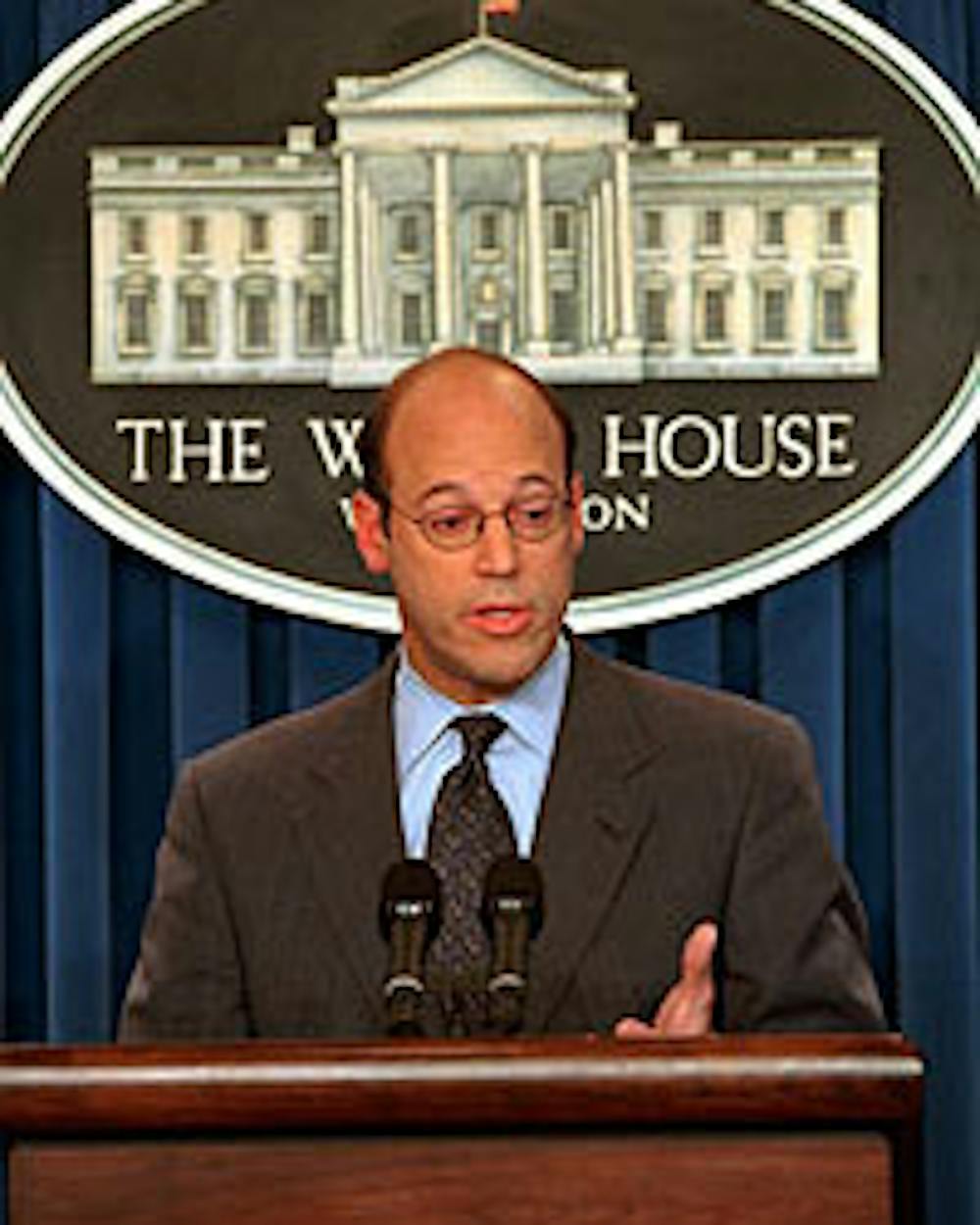Ari Fleischer ‘82 is one of The College’s most prominent graduates in the world of politics. He was ever-present in the media as the White House Press Secretary during the crucial first years of George W. Bush’s presidency (2001 - 2003). He was with the President when the tragic events of 9/11 unfolded. For the last three years on September 11, he has tweeted what went on behind the scenes. Posting the event that had happened at the corresponding time of day, he produced a harrowing and revealing account of perhaps the defining event of this century so far. Though the medium used for expression could be seen as trivializing such a vital moment, the posts make for chilling reading. They will long remain one of the most precise historical accounts of the first reactions of those whose duty it was to face the nation in the wake of such a disaster and respond.
The Campus spoke to Mr. Fleischer on the phone and he pointed out how challenging the process had been, noting that after tweeting all day about such an emotional time, it was his most draining experience working in the White House. He started tweeting his memories almost by accident. In 2012, feeling he should share some of the notes and photographs he had from the day, he started posting them. They elicited such a response that he could not stop. Now, he is gratified by the fact that young people are learning about 9/11 directly from his tweets and that school teachers have said they will use his tweets as classroom material. Reflecting on the changing nature of communications he remarks how “powerful a medium twitter can be. [It] has the power to make you live moment by moment. And for a day like September 11, capturing it moment by moment and sharing it was my goal.”
Though the tweets are all recommended reading and all appear @AriFleischer, some of the more revealing comments are well worth highlighting. When the first plane struck, Fleischer was accompanying the President on a visit to a school in Sarasota, Fla. They all still assumed it to be an accident. But when the second plane hit, the President had already begun reading to the schoolchildren. As such, the President was ‘one of the few people in the world not watching TV’.
Another remarkable fact exposed by Fleischer’s memory is that when aboard Air Force One (the aircraft designed to transport the President) Bush gave the chilling orders that commercial airlines may be shot down if necessary and that the military be put on the highest alert status in 28 years. As the normal filters were scrapped in such a time of emergency, unreliable rumors were able to seep into the Presidential circle, including the possibilities that Air Force One was under attack, that there was a car bomb at the State Department and that a high speed object was moving towards the Bush family ranch. Amid such an aura of panic and confusion there was even a guard posted outside the cockpit. With so little information to go on, an inside job from those at the very top could not have been ruled out.
Intrigued by Fleischer’s views on contemporary foreign policy issues, The Campus wondered whether he felt that the country was safer now than it was just before 9/11 or whether threats and security had increased in equal measure. He was unwaveringly clear: “I think we are absolutely safer.” Despite his partisan views, he was surprisingly supportive of the Obama administration, at least in terms of homeland security. Mentioning how Obama had continued Bush’s work he pointed out that there was now a “bipartisan template” to fighting terrorism. Controversially, he said that the crucial elements of that strategy included “keeping Guantanamo open, warrantless wire-tappings, indefinite detentions and drone strikes.”
Speaking at an Alumni Achievement Award ceremony here at the college in 2002, he faced a lot of backlash from students regarding the Iraq War. The Campus asked him if he thought that those who were against the war were vindicated by the emergence of the self-proclaimed Islamic State in the region, a force arguably more chaotic and dangerous than either Al-Qaeda or Saddam Hussein’s regime. He disagreed, believing instead that the Iraq that George W. Bush left for Obama to inherit was “a fledgling democracy” and that the harm arose out of Obama’s reluctance to engage with it – that he “walked away from it.”
Ari Fleischer now runs a sports communications business.
Fleischer '82, ex-White House Press Secretary, Tweets 9/11 Memories

Comments


